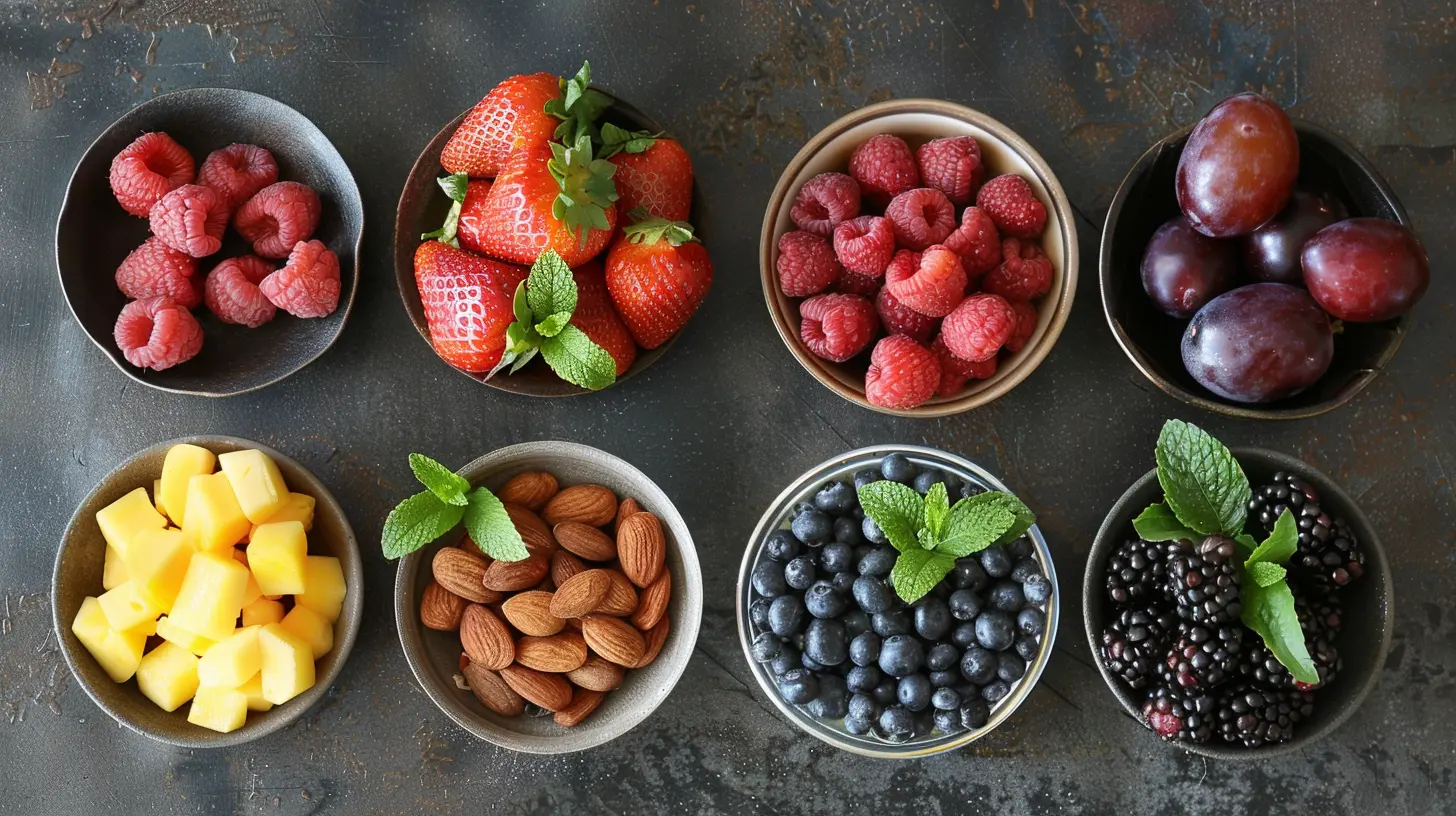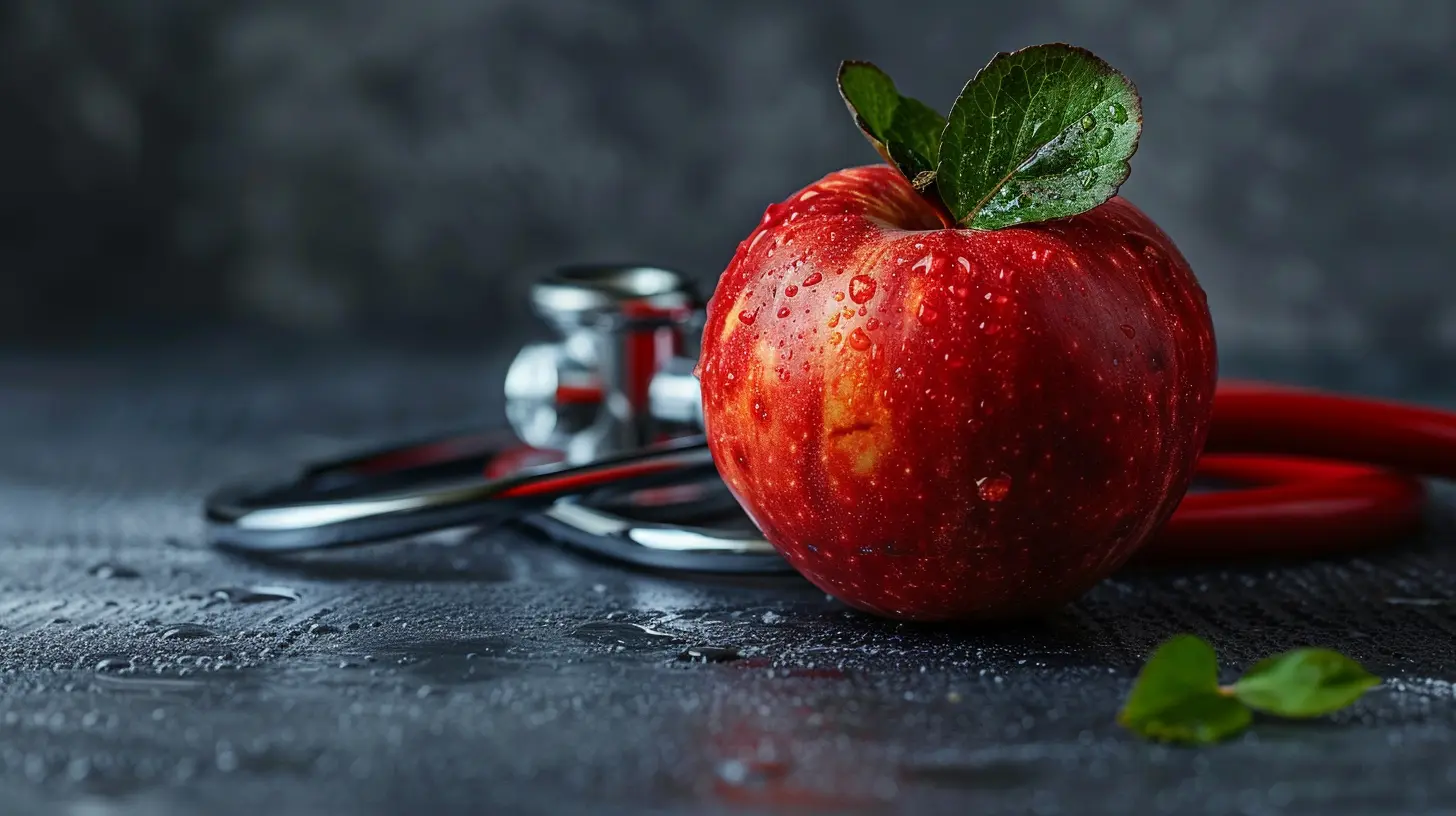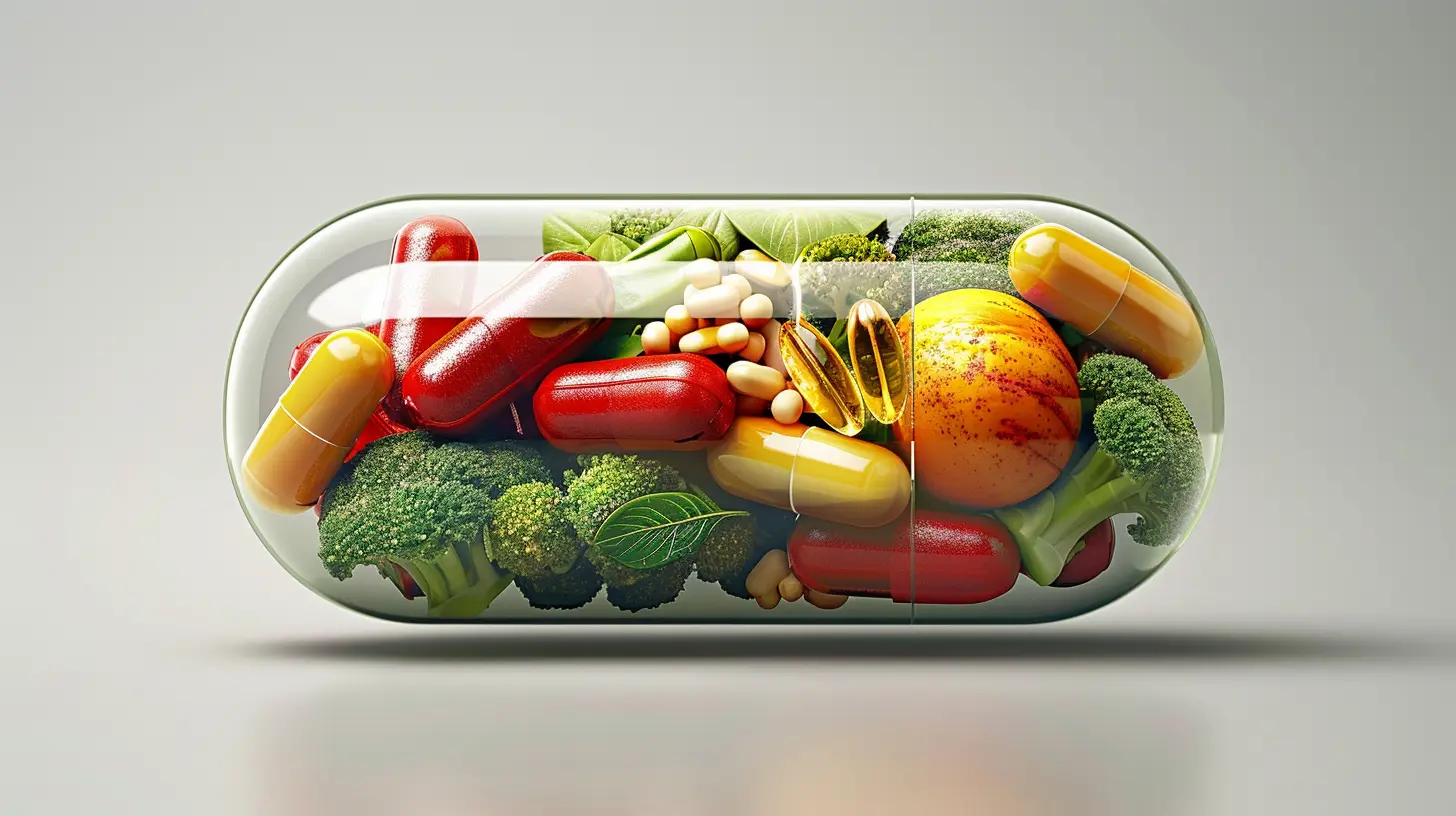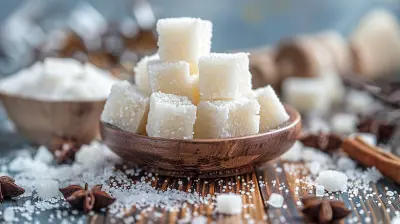The Role of Micronutrients in Disease Prevention
20 September 2025
When we talk about eating healthy, we often hear about cutting out sugar or loading up on veggies. But there’s an unsung hero hiding in our meals that doesn't get nearly enough credit—micronutrients. These tiny but mighty nutrients play an absolutely massive role in keeping us healthy and preventing disease. So let’s break it down together.

What Are Micronutrients Anyway?
Micronutrients are the vitamins and minerals your body needs in small amounts to function properly. Although we only need them in trace amounts, they’re no less important than macronutrients like carbs, protein, and fat.Think of them like the engine oil in your car. You don’t need a ton of it, but without it? Nothing runs smoothly.
Micronutrients include a wide range of substances, but here are the big players:
- Vitamins: A, C, D, E, K, and the B-complex vitamins
- Minerals: Iron, zinc, magnesium, selenium, iodine, calcium, and potassium
Now, let’s dive into how these tiny nutrients help keep diseases at bay.
Why Should You Care About Micronutrients for Disease Prevention?
Would you be surprised to know that not getting enough of certain vitamins and minerals can open the door to major health problems? We're talking about heart disease, cancer, diabetes, osteoporosis, and even depression.Micronutrients don’t just support wellness—they actively help prevent illness. They’re like having a security team inside your body, fighting the good fight every day.
The Mighty Micronutrients and Their Disease-Fighting Powers
Let’s go one by one and look at how some key vitamins and minerals protect you.1. Vitamin D – The Sunshine Defender
Ever heard people joke about needing more sunshine? They’re not wrong. Vitamin D is mainly synthesized in our skin when we’re exposed to sunlight. But it’s more than just a feel-good vitamin.What It Does:
- Boosts immune function- Helps calcium absorption (hello, strong bones!)
- Reduces inflammation
Disease Prevention:
Vitamin D deficiency has been linked to a higher risk of:- Osteoporosis
- Autoimmune diseases like multiple sclerosis
- Respiratory infections
- Certain cancers (especially colorectal cancer)
So those 10-20 minutes in the sun? They’re doing a lot more than giving you a glow.
2. Vitamin C – The Immunity Booster
This one’s a classic. When you're sick, someone’s bound to hand you an orange or some vitamin C supplements.What It Does:
- Acts as a powerful antioxidant- Supports collagen production (great for skin and wound healing)
- Enhances iron absorption
Disease Prevention:
Regular intake of vitamin C can help prevent:- Common colds (makes them less severe and shorter)
- Iron-deficiency anemia
- Age-related eye issues like cataracts
So yeah, that orange juice with breakfast? It’s basically armor for your immune system.
3. Vitamin A – The Night Vision Hero
Vitamin A probably reminds you of carrots—and for good reason.What It Does:
- Maintains healthy skin and mucous membranes- Improves vision, especially in low light
- Supports immune defense
Disease Prevention:
A deficiency in vitamin A can lead to:- Night blindness
- Higher risk of infections, especially in children
- Delayed growth and development
It’s especially crucial in developing countries where it prevents severe infections and even blindness in kids.
4. B Vitamins – The Energy Crew
These work as a unit more than individually, and they’re essential for cellular energy production.What They Do:
- Help with red blood cell formation- Support brain health
- Break down food into energy
Disease Prevention:
Lack of B vitamins can result in:- Anemia
- Nerve damage
- Cognitive decline
- Birth defects (particularly from B9—folate—deficiency during pregnancy)
If you’re feeling sluggish or foggy, it’s worth checking your B-vitamin intake.
5. Iron – The Oxygen Carrier
Iron is key to making hemoglobin, the protein in red blood cells that carries oxygen all around the body.What It Does:
- Prevents fatigue- Supports cognitive function
- Boosts immunity
Disease Prevention:
Iron deficiency is the most common nutritional deficiency worldwide and can lead to:- Anemia
- Developmental delays in children
- Impaired immune responses
Especially important for women of childbearing age, children, and vegetarians.
6. Zinc – The Wound Healer
Zinc doesn’t always get headlines, but it's a behind-the-scenes powerhouse.What It Does:
- Helps with enzyme function- Supports immune function
- Aids in wound healing
Disease Prevention:
Zinc plays a role in fending off:- Infections like pneumonia and diarrhea (especially in children)
- Age-related macular degeneration
- Skin conditions like acne and eczema
It's like the duct tape of your immune system—fixing a little bit of everything.
7. Magnesium – The Muscle Whisperer
You might know magnesium as the mineral that helps you chill out. But it does so much more.What It Does:
- Supports muscle and nerve function- Regulates blood pressure
- Helps in energy production
Disease Prevention:
Magnesium helps prevent:- Heart disease
- Type 2 diabetes
- Migraines
- Osteoporosis
If your muscles cramp or your energy drops often, magnesium might be the missing piece.
8. Calcium – The Bone Builder
We’ve all heard about calcium and strong bones since childhood.What It Does:
- Builds and maintains strong bones and teeth- Helps muscles contract
- Supports nerve signaling
Disease Prevention:
Not enough calcium can lead to:- Osteoporosis
- Bone fractures
- Weak teeth and gum issues
Milk isn't the only source—leafy greens, fortified plant milks, and tofu pack a punch too.
9. Selenium – The Cell Protector
Tiny but mighty, selenium is a trace mineral that acts as a powerful antioxidant.What It Does:
- Protects cells from damage- Supports thyroid health
- Enhances immune response
Disease Prevention:
Adequate selenium intake helps prevent:- Heart disease
- Cognitive decline
- Certain cancers
Selenium is like your body’s personal bouncer—keeping the troublemakers (free radicals) in check.
10. Iodine – The Metabolism Manager
Mostly known for its role in thyroid health, iodine is crucial for maintaining a healthy metabolism.What It Does:
- Helps produce thyroid hormones- Supports brain development during pregnancy
Disease Prevention:
Iodine deficiency can lead to:- Goiter
- Hypothyroidism
- Developmental delays in infants and children
Salt with iodine? That’s not just a kitchen choice; it’s a health decision.
How to Get Enough Micronutrients
Now you're probably thinking, “Okay, I get it—they’re important. But how do I make sure I’m getting enough?”Here are some practical tips:
- Eat the rainbow: Different colors = different nutrients.
- Don’t skip whole foods: Fruits, veggies, whole grains, nuts, seeds, and lean protein are your best friends.
- Cook smart: Steaming and sautéing often preserve more nutrients than boiling.
- Consider supplements: If you’re vegan, pregnant, or have specific medical conditions, talk to your doctor about supplements.
Risk Factors for Micronutrient Deficiencies
Some folks are more at risk than others when it comes to falling short on micronutrients. Let’s talk about who and why:- Pregnant and breastfeeding women – They need more nutrients to support their baby.
- Older adults – Aging bodies absorb nutrients less efficiently.
- Vegans and vegetarians – May lack B12, iron, and zinc.
- People with digestive issues – Conditions like celiac or Crohn’s can interfere with absorption.
- Low-income households – Access to fresh food can be limited, leading to nutritional gaps.
The Takeaway
Micronutrients are small in size but massive in impact. They don't just support your body; they protect it, repair it, and help it fight off disease like a microscopic army.Eating a wide variety of healthy foods isn’t just about “eating clean”—it’s about filling your body with the tools it needs to stay strong. So the next time you pour a bowl of spinach, snack on nuts, or grab an egg, give yourself a high-five. You’re doing way more than just eating. You’re investing in long-term health.
And hey, if you’re still thinking all this sounds complicated, remember this: listen to your body, eat a variety of whole foods, and don’t be afraid to ask your doctor about your nutrient levels. Your future self will thank you.
all images in this post were generated using AI tools
Category:
NutritionAuthor:

Eileen Wood
Discussion
rate this article
1 comments
Noora Wallace
Great article! 🌟 It's amazing how those tiny micronutrients can pack a big punch in keeping us healthy. Remember, a colorful plate is a happy plate! Let's embrace those vitamins and minerals and give our bodies the love they deserve. Cheers to a healthier, happier you! 🥦🍊🥕
October 9, 2025 at 4:01 AM

Eileen Wood
Thank you! I'm glad you enjoyed the article. Absolutely, a colorful plate is key to vibrant health. Cheers to nourishing our bodies! 🥗✨


